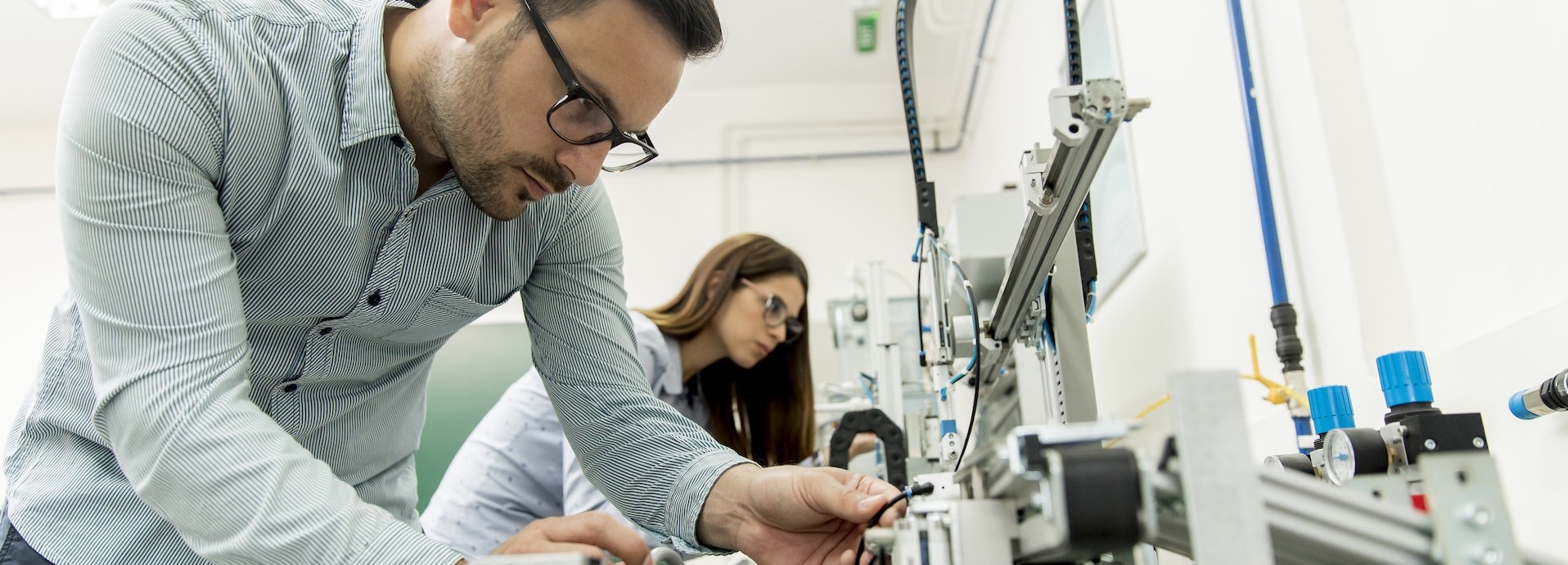

“Going green in all marine segments at once is not going to happen,” says Kenneth Widell, Senior Project Manager, Sustainable Fuels & Decarbonisation at Wärtsilä. “When we manage to show that it is profitable to go green, we can accelerate the transition.”
ZEM is a four-year ecosystem project led by Wärtsilä with the target of reaching a 60% greenhouse gas reduction in the maritime industry by 2030. In addition, all Wärtsilä-driven ecosystem products will be carbon-neutral or negative by 2050.
Supported by EUR 20 million in funding from Business Finland, ZEM is based at Wärtsilä’s Sustainable Technology Hub in Vaasa. Partners within the ecosystem include fuel manufacturers, energy producers, shipping companies, logistics providers, research organisations and regulatory bodies, among others.
The marine industry currently relies on fossil fuels for 99% of its energy, says Widell, and the ZEM initiative focuses on four key areas – new technologies, green fuels, optimised operations, and outcome-based business models – to significantly reduce this.
Working together to reduce greenhouse gas emissions
The idea behind ZEM is to engage different players from all parts of the marine industry to collaborate in addressing questions related to decarbonisation.
“It’s important because we have huge global challenges and we need to join forces within the marine industry to seek solutions that can bring CO2 levels down,” says Patrik Malka, Senior Manager, Ecosystem Development at Wärtsilä.
With a total budget of EUR 7.2m over three years, the first project awarded funding under ZEM is the Materials for CO2-neutral processes in resource-intensive industries, or MASCOT. Coordinated by state-owned research institution VTT, other companies participating alongside Wärtsilä in the project are Andritz, Exote, Metso Outotec, Neste and Nordic Tank.
“The main goal of MASCOT is to generate a knowledge base related to the materials’ behaviour and performance under the new industrial operation conditions and develop prevention strategies for degradation,” explains Elina Huttunen-Saarivirta, Research Professor at VTT.
We have huge global challenges and we need to join forces within the marine industry to seek solutions that can bring CO2 levels down.
“MASCOT aims to lay the basis for new carbon-neutral products and processes by enabling their implementation and continuous safe operation, thus creating new business opportunities for partners and their value chain, as well as other Finnish companies working in the fields of new materials, hydrogen economy and circular economy.”
The results will benefit a wide range of sectors beyond maritime – from material producers to their end users in the chemical, transportation and logistics industries, and technology providers in the pulp and paper and metals industries.
Another project granted funding as part of ZEM is the University of Vaasa-led Silent Engine initiative, which seeks to create high-level expertise in noise and vibration management for the marine industry to meet increasingly stricter noise emission requirements.
With a budget of €1.3 million, the three-year Silent Engine project will see the university and Wärtsilä working alongside Meyer Turku, AGCO Power, KONE and Vibrol to develop silent and vibration-free innovations for the green energy transition.
“Hydrogen especially is very reactive, so it burns much faster than conventional fuels. We need to make sure there is no additional noise and vibration while using it,” explains Widell. “The expertise that Silent Engine brings to the ecosystem will help accelerate the transition to carbon-neutral fuels in the marine industry.”
Collaboration vital for technologies to be accepted
When working on research and innovation, collaboration will be essential to gaining market acceptance for new technologies and developments, adds Malka. “We have such a big shift coming up that single companies will have difficulties in getting a foothold.”
This will also become increasingly important amid soaring global energy prices which will not only drive innovation but also spur developments in achieving greater efficiencies in existing operations, adds Widell.
When we work together, and all the partners believe in the added value of the green transition, we can take the next step in development.
MASCOT and Silent Engine may be the first, but they certainly won’t be the last projects coming out of ZEM. Wärtsilä is continuously looking for partners – both for this initiative and others to improve the efficiency and sustainability of the marine industry.
Widell believes that the green energy transition will largely be business-driven instead of being defined by regulation – which is where projects such as ZEM will prove vital. “That’s the beauty of these ecosystem projects. When we work together, and all the partners believe in the added value of the green transition, we can take the next step in the development,” he says.
“If we can prove something is good business, and the early birds are willing to invest, it will inevitably increase the number of followers in the segment in question. Sooner or later, it will get to a point where you’re out of business unless you are green.”


